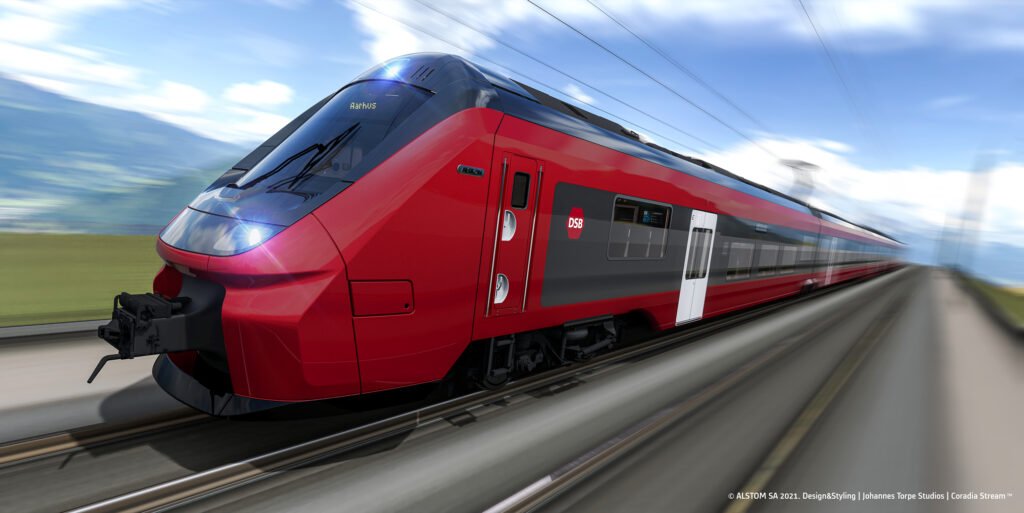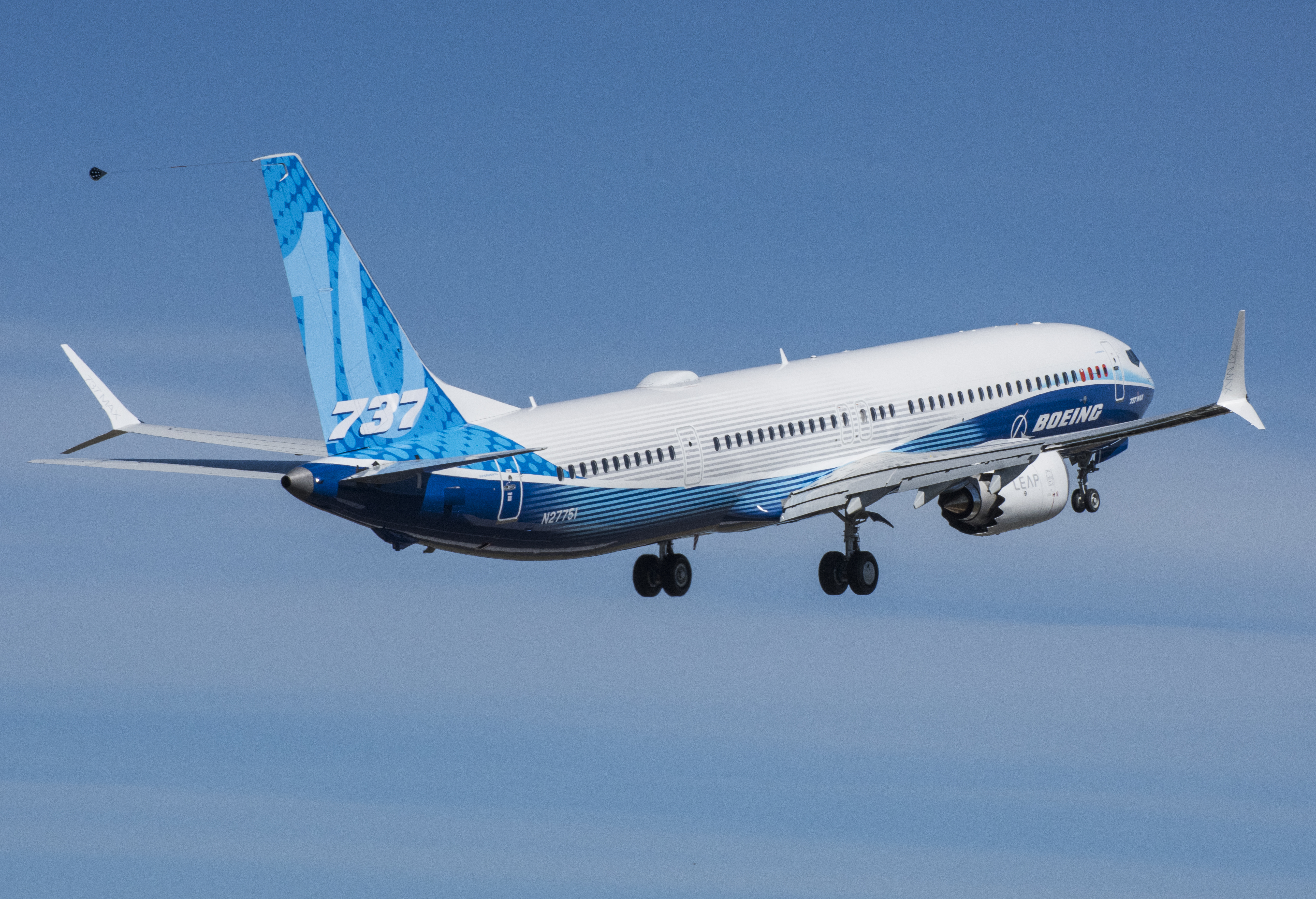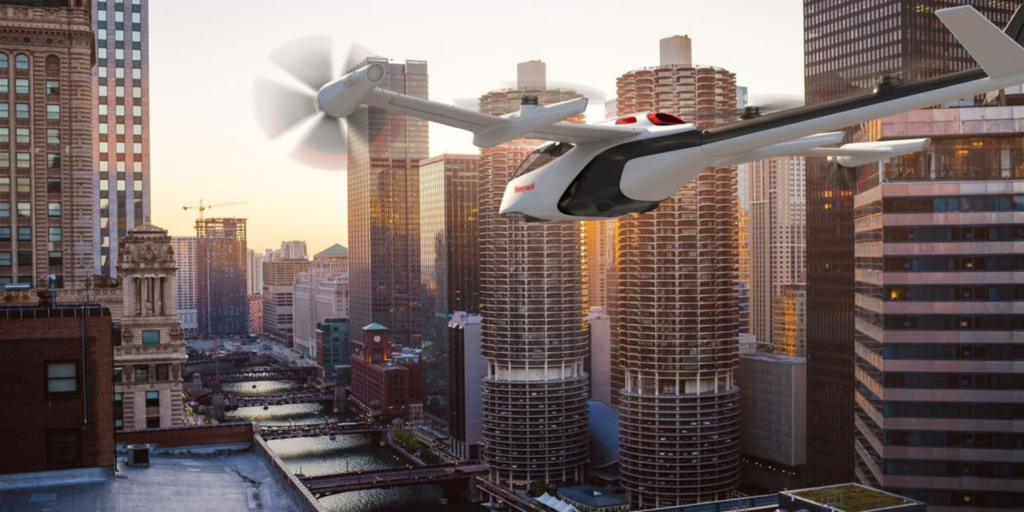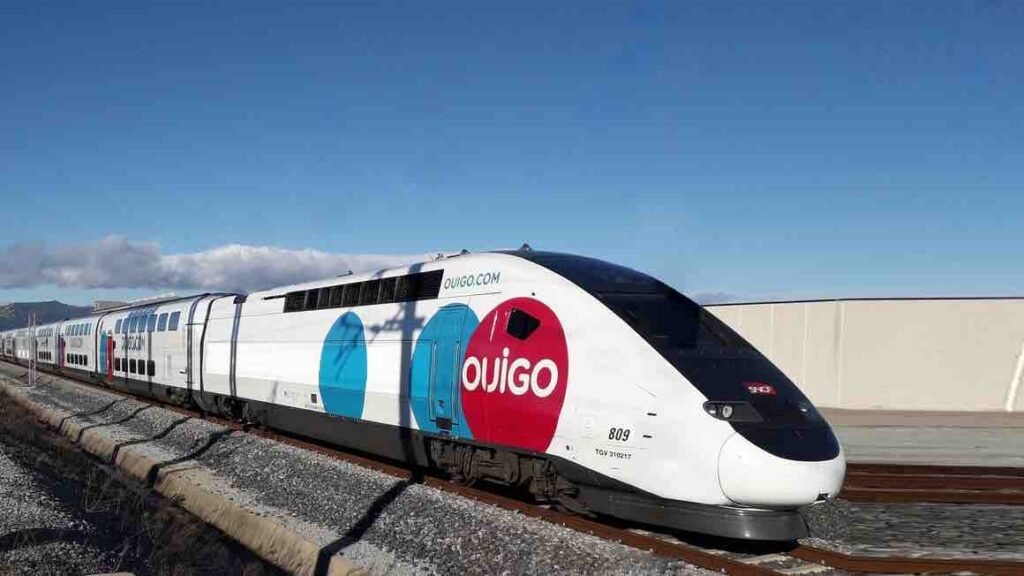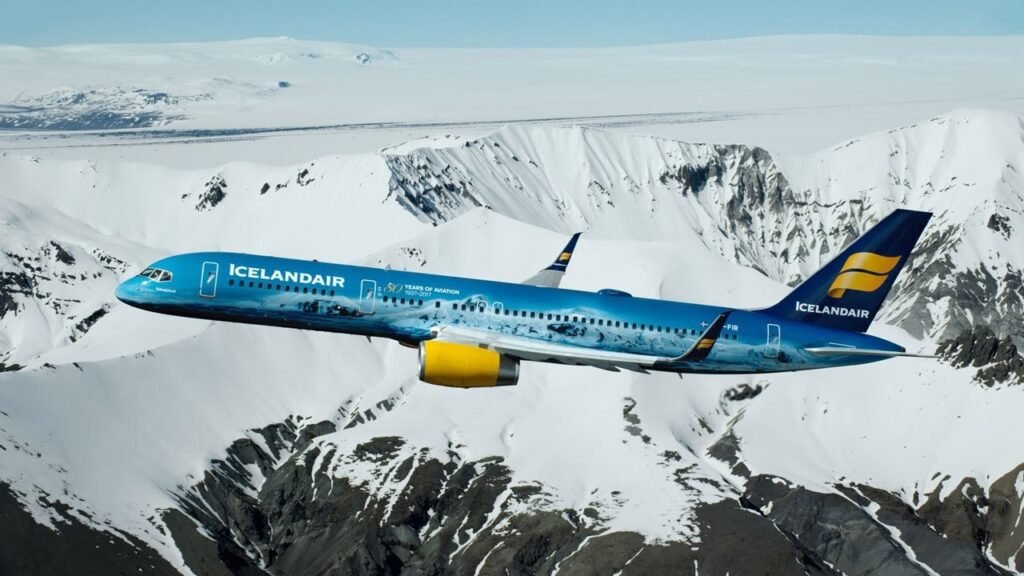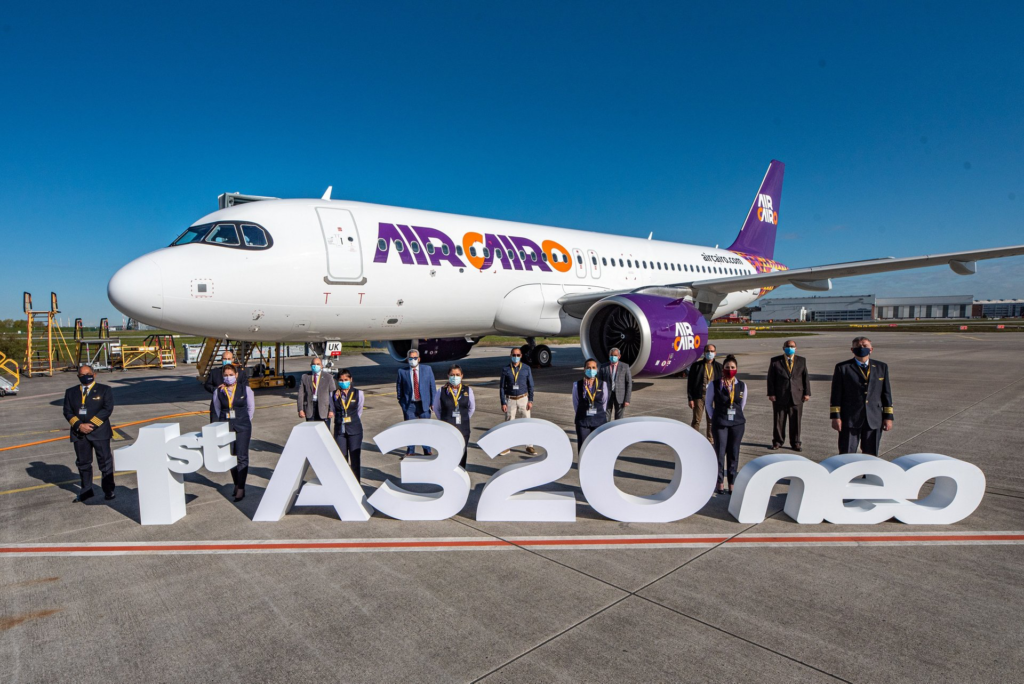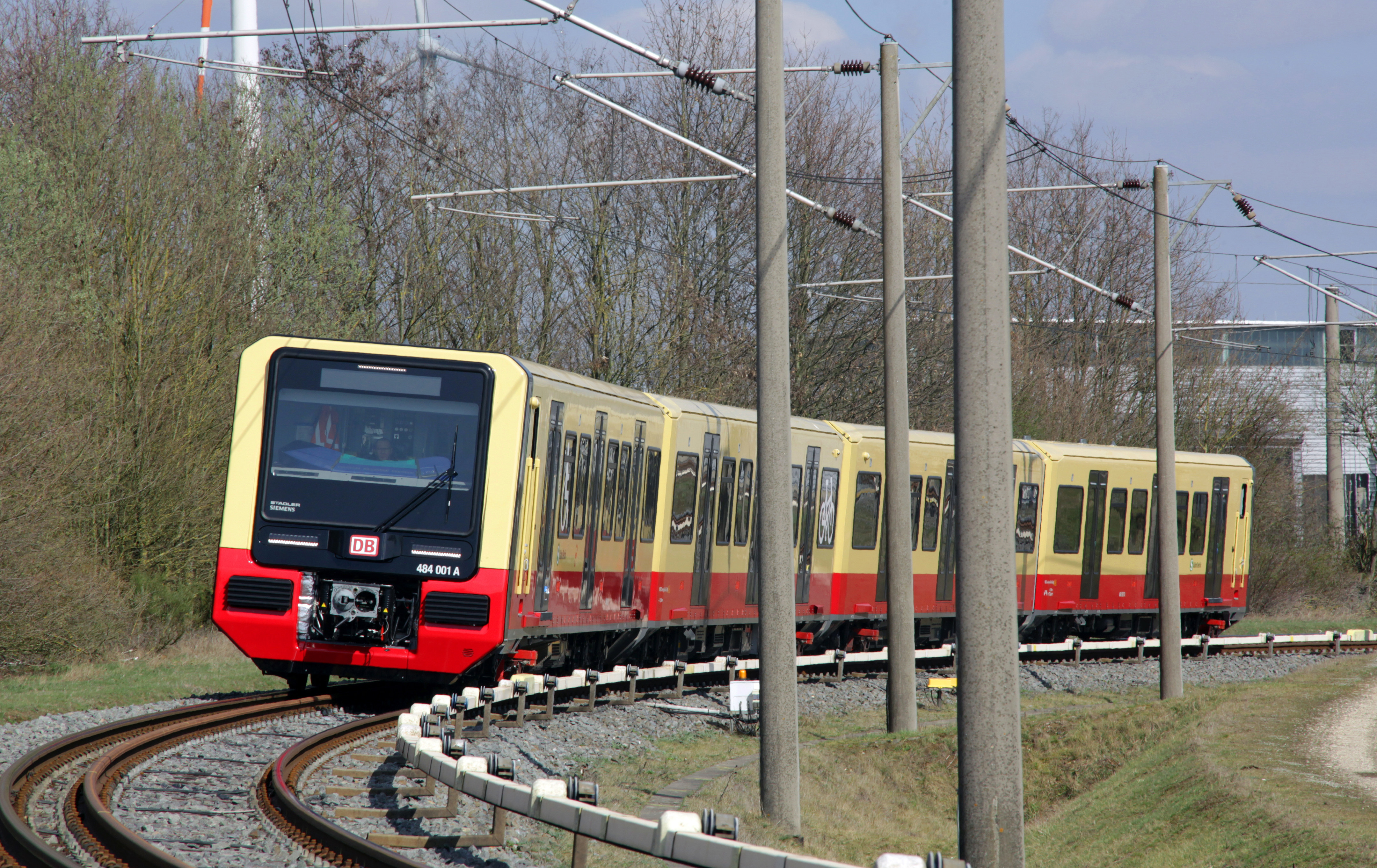Alstom Wins Largest Railway Contract in History of Denmark
First order from landmark framework agreement with DSB covers 100 Coradia Stream trains and 15 years of maintenance. Alstom, a global leader in smart and sustainable mobility, has won the largest train tender in Danish…
